Masks and Foggy Glasses? The Best Solution is LASIK.
Published by on August 13, 2020
“Masks Make My Glasses Foggy. What Can I Do?”
Masks have been shown to be a great tool in slowing the spread of COVID-19. In fact, the evidence has been so decisive that the CDC is calling on Americans to wear masks, and acceptance of mask wearing has increased greatly across the nation – from 44% to 74% in the Midwest alone from just April to May.
All that mask wearing is great news for public health (keep up the great work!). However, there is one big challenge that masks present for a large portion of the population. Bespectacled people wearing masks are encountering an annoying phenomenon: foggy glasses.
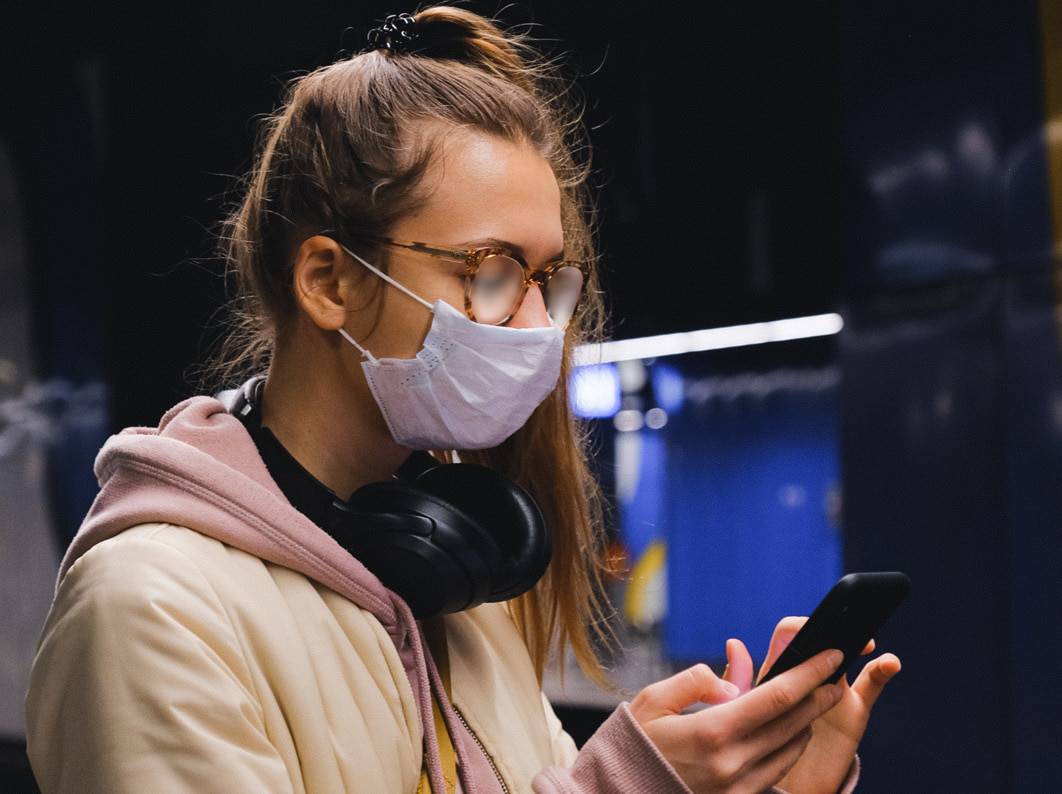 Wearing a mask causes foggy glasses.
Wearing a mask causes foggy glasses.
If you’ve been wearing glasses since the beginning of the COVID-19 pandemic, you know all too well the challenges that foggy glasses present. It’s annoying. Full stop. When your glasses keep fogging up with your mask, you experience:
- Reduced visibility
- Uncomfortable humidity around the eyes
- Condensation on and around your glasses lenses, which increases the tendency for glasses to slip down your nose
- A very problematic (especially during COVID-19) desire to touch your face to adjust your glasses or remove them to wipe the lenses.
At a time when it is vital to avoid touching your face in public, masks fogging your glasses are definitely NOT helping. In recent weeks, queries about how to keep glasses from fogging while wearing a mask have been dominating search engines and social media. So, how do you keep your glasses from fogging with your mask? And why do masks make your glasses fog? After speaking to many patients seeking LASIK due to fogging glasses, we decided to dig into this foggy phenomenon.
Why Does My Face Mask Make My Glasses Fog?
People relying on glasses already know the scourge of fogging lenses. They’ve been experiencing the annoyance of foggy glasses for years every time they walk out of a warm house into the cold in the winter, when opening an oven door, or even walking around on a hot, humid day. Wearing masks has just brought this foggy glasses conundrum into the everyday.
When you wear a protective face mask, your warm breath escapes through the top edges of the mask. This warm breath travels quickly up your face, along your cheeks, and ultimately behind the lenses of your glasses. This breath then meets the relatively cool material of the lenses, creating a coating of condensation on the surface of the lenses. It’s this condensation that causes a foggy film on your glasses when you have your mask on, and creates that warm, sticky feeling around our eyes.
So, How Do I Stop Foggy Glasses When I Wear My Mask?
It’s no surprise that there are many solutions for foggy glasses floating around the internet. Some are wackier than others.Simply not wearing a mask is not a good idea. Masks are very important for protecting your health and the health of others in your community. You should continue to wear a mask when out in public during the COVID-19 crisis.
From our research into these anti-fogging claims, two common themes appear for the bespectacled folks in our lives:
- Attempt one of the many solutions for foggy glasses presented online:
Some solutions make sense. Some don’t. But for all of them, it’s a temporary fix and glasses continue to be a nuisance. We’ll break these down in a moment. - Remove the need for glasses with LASIK vision correction:
We’ve seen a huge increase in LASIK patients who are coming to us specifically because they hate having foggy glasses when they wear their masks. Most of them have already tried a few solutions to stop foggy glasses and are just tired of the daily annoyances and expense that come from wearing glasses.


Life after LASIK is much more convenient for many reasons– one popular one right now is that masks are easier to wear without glasses.
We Did the Research on Popular Methods to Stop Foggy Glasses for Mask Wearers. Here’s What We Found…
There are a ton of articles, blogs, social media posts, and news pieces out there about this common problem. At Kugler Vision in Omaha, Nebraska, we’ve done some research to help streamline the process for you. Some of the most common masks and foggy glasses suggestions we came across are below.
- Adjust the fit of your mask: This one actually makes a lot of sense and can be done immediately. Because foggy glasses are caused when your warm breath escapes out the top edges of your mask, simply adjusting the fit of your mask can help reduce (but probably not eliminate) fog. A loose-fitting mask allows your exhaled breath to shoot out the top of your mask. But a mask that fits snugly and securely can help push this hot air out the sides or bottom of your mask instead, and away from your glasses. Many masks have a bendable strip at the top that can be molded along the bridge of the nose. This can be helpful for creating a seal.
- Breathe downward: We saw some suggestions that folks breathe downward. Thinking that sounds awkward? It is. Essentially, this is done by holding your upper lip over your lower lip in order to blow air downward. Like perpetually playing an invisible flute. 0/10 for comfort and convenience. Do not recommend.
- Seal the mask with tape: This suggestion for people experiencing foggy glasses lenses works by sticking a piece of double-sided tape across the bridge of the nose. This double-stick tape is applied before putting the mask on. The hope is that the tape will create a better seal between your face and the mask. Pro: glasses could be less foggy. Con: applying tape directly to. your. FACE.
- Washing glasses with soapy water: A study from The Royal College of Surgeons of England suggests that to reduce glasses fog, one should wash lenses with soapy water. The thought is that this leaves a fine film which reduces surface tension and encourages the water molecules to form a transparent layer. We haven’t personally tried this, but do want to caution glasses-wearers to avoid products like baby shampoo, shaving cream, or toothpaste, which can damage lenses. Also, leaving a “thin layer of soap film” on glasses sounds streaky and annoying in itself.
Some outlets have suggested using RainX, a product marketed for car windshields to improve visibility in inclement weather. We recommend you do not use any product not intended for eyeglasses, as it may damage any protective coatings that are on your particular lenses. - “Urkelize” your mask by wearing it up high: One popular suggestion was to hike your mask up higher so that you can weigh down the top of the mask by placing the bottom edge of your glasses on top of it. This may reduce fogging somewhat, but it also presents a barrier between your face and your glasses, which can cause them to slip down more easily and tempt you to touch your face or glasses to fix them. Also, it essentially turns your formerly cool mask into the face version of Steve Urkel’s high pants. Note: if you don’t know who Steve Urkel is, there is a 99% chance you were born after 1998… so now we’re dating ourselves.
Foggy Glasses With My Mask Are Annoying. Are Contact Lenses a Good Option During the COVID-19 Pandemic?
When presented with the foggy glasses problem, many mask wearers with blurry vision consider switching to contact lenses. We understand that on the surface this may seem like an attractive option. However, the American Academy of Ophthalmology recommends against wearing contact lenses during the COVID-19 pandemic.
So why aren’t contact lenses a good option during the pandemic? There is not yet any known evidence that contact lenses increase the risk of contracting coronavirus. However, contact lens wearers touch their eyes and face significantly more than the average person. Contact lens wearers already touch their eyes a minimum of two times a day to put in and remove their contact lenses (please do not sleep in them!). That brings risk if the person has not remembered to properly clean their hands before touching their contact lenses. Contact lens wear also tempts some people to rub their eyes as the lenses become dry or uncomfortable throughout the day.
Additionally, contact lenses can cause other eye irritation that can mask symptoms of COVID-19 if you have been exposed. Between 1 and 3% of those infected with COVID-19 exhibit conjunctivitis (pink eye), an uncomfortable inflammation of the thin, clear layer of tissue that covers the white part of the eye. If you are already experiencing discomfort wearing your contact lenses, this may mask the development of a different infection. Side note: If you often experience discomfort when wearing contact lenses, your body may be rejecting them. This is called contact lens intolerance (CLI) and is a progressive medical condition that should be discussed with your eye doctor. If you’re curious to see if your uncomfortable contact lens symptoms may be CLI, take our quick CLI self-test by clicking the button below.


Don’t forget! At Kugler Vision we offer convenient telehealth options for those exploring their LASIK options.
If Your Mask Is Fogging Your Glasses, Consider Eliminating the Need for Glasses.
If you needed yet another reason that 2020 is the perfect time to seek 20/20 vision, the annoyance of having foggy glasses when wearing a face mask is a great reminder. For those who were already tired of the constant expense and hassle that comes with being reliant on glasses or contact lenses to navigate the world, the pandemic has added another layer of frustration. Now that you know that the AAO recommends against contact lenses during COVID, and you have experienced the hassle of foggy glasses with your mask, what is left to consider other than removing the need for glasses and contacts?
LASIK has been around for over 25 years, and more than 25 million people worldwide have already opted to correct their vision with laser vision correction. With satisfaction rates over 97%, it’s easy to see why LASIK has been so enduringly popular. LASIK is safer than contact lenses, saves money, and reduces temptation to touch or rub the eyes and face throughout the day. No more slipping, fogging glasses. And no more dry, uncomfortable contact lenses. Just crisp, clear vision.
It’s no wonder our LASIK patients who were previously feeling “stuck” in foggy glasses since the pandemic have been some of our happiest!
Want to hear from some of them? You don’t have to take our word for it. Check out patient reviews here:

Stop the Fog and Stop Renting Your Vision. Explore Your LASIK Options Now.
Don’t stay stuck in the cycle of renting your vision with a lifetime of buying glasses and contacts. Make a change now by exploring your LASIK options. Getting started is quick and easy. Simply take our 60-second LASIK self-test now with the button below to begin your research. Then, you can call our Kugler Vision’s expert team at 402-558-2211, or schedule your EyeAnalysisTM consultation by using our convenient online scheduler. We look forward to helping you!

Lance Kugler, MD, is a specialist in LASIK and vision correction surgery and CEO of Kugler Vision. A proud Omaha native, he is passionate about improving lives through clear vision. Dr. Kugler serves on several national boards, and his practice is recognized internationally as a center of excellence. Dr. Kugler is one of the original founders of the Refractive Surgery Alliance, an international organization comprised of over 350 of the world’s leading vision correction surgeons; he also served as its first president. In 2019, Dr. Kugler was selected as a TEDx speaker, and delivered a talk in Omaha about the worldwide epidemic of nearsightedness and refractive solutions. Dr. Kugler is an Associate Professor of Refractive Surgery at the University of Nebraska Medical Center’s Truhlsen Eye Institute, has been published in many medical journals, and participates in numerous clinical studies to advance the field of vision correction surgery. Additionally, Dr. Kugler is proud to be a Board Certified Fellow of the World College of Refractive Surgery & Visual Sciences. Dr. Kugler and his wife are proud parents to five active kids. When he has a spare moment, he enjoys skiing, tennis, travel, and fine coffee.
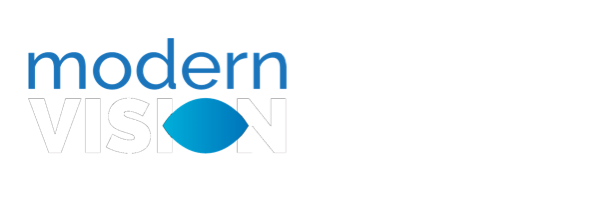


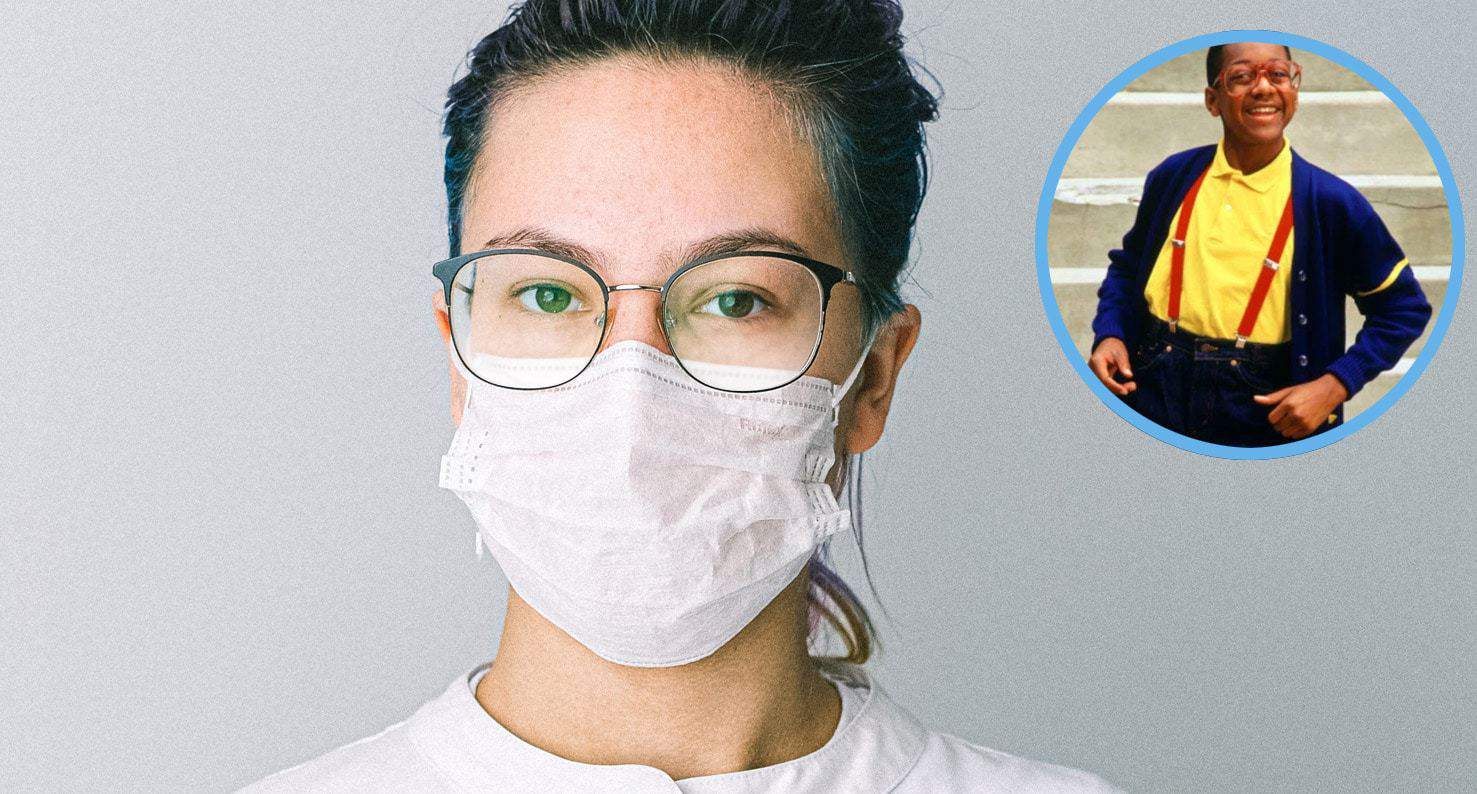

Leave a Reply